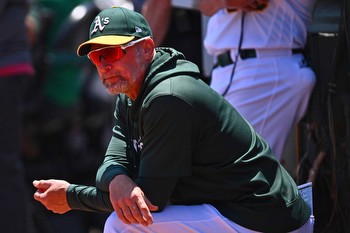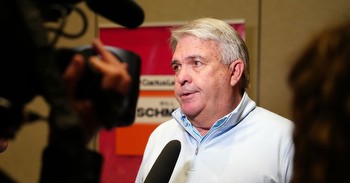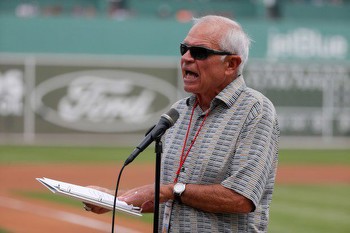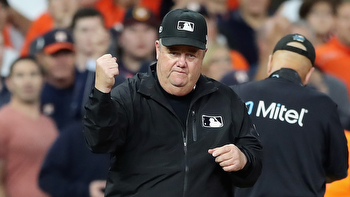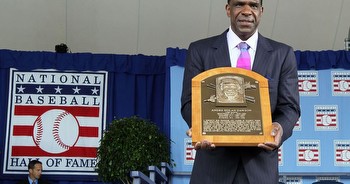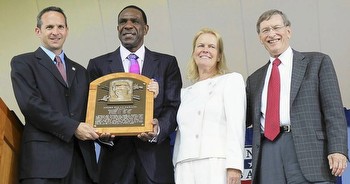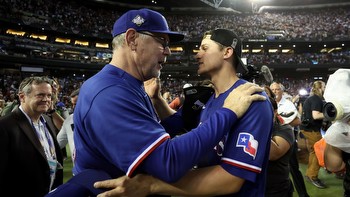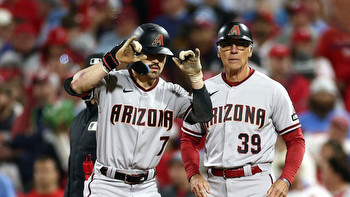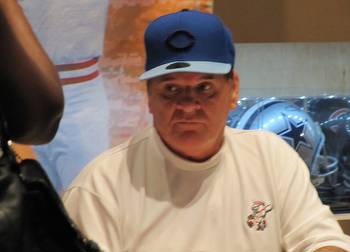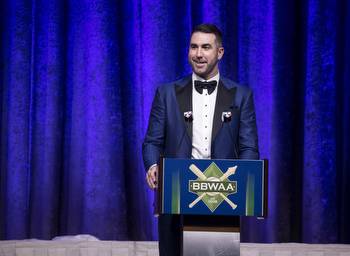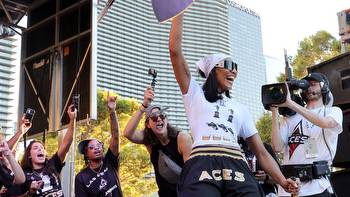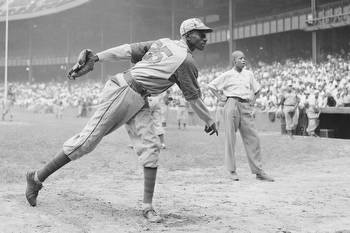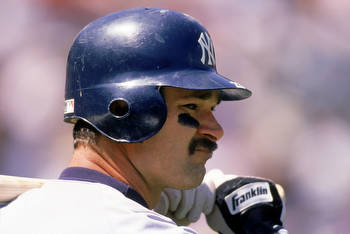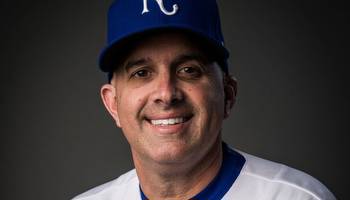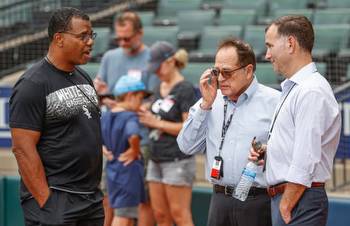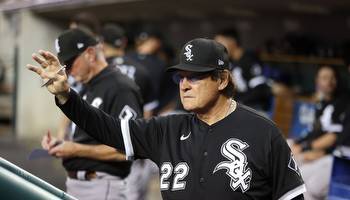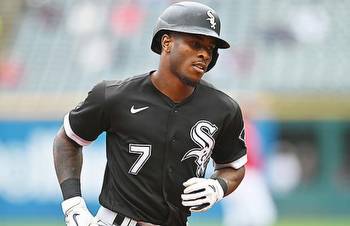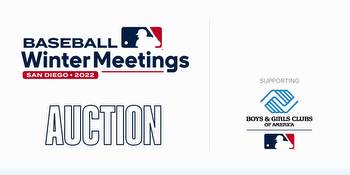Jim Leyland's baseball hall of fame nomination might be owed to Les Moss
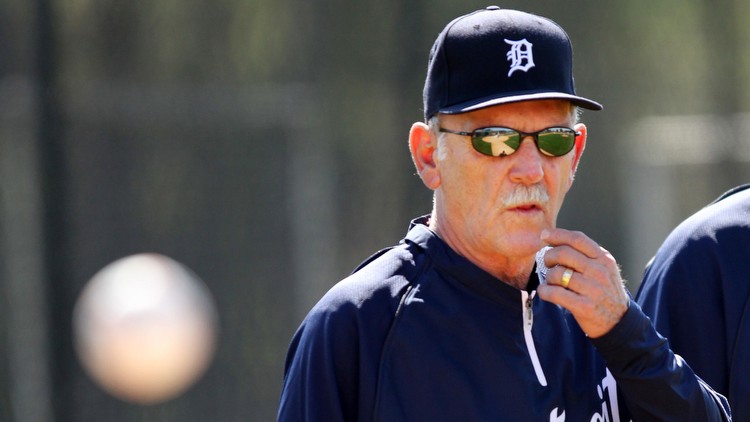
Les Moss said no, and it was a game changer for Jim Leyland.
Leyland, who was recently nominated for baseball's Hall of Fame, was coming off three straight years managing the Lakeland Tigers, where he won Florida State League championships in 1976 and '77 and finished second in 1978. At the time, he was about as far away from Cooperstown as you can get.
And Moss had just been promoted from Evansville, Indiana, Detroit's top farm club, to take over the Tigers with Leyland as his replacement in Evansville. But Leyland, a baseball unknown then, saw an opportunity here. Unable to make the majors as a player, his goal now was to get there any way possible.
So he went to Moss and asked to go along as the bullpen catcher.
"I thought it might be my only chance to get to the big leagues," Leyland said recently from Pittsburgh. But Moss said no.
"Jim, I've been in this game a long time and if something happens and I get fired, I can get another job", Moss told him "But you're just starting out. People don't know you. If I lose my job, you might be out of baseball. Go to Evansville."
Leyland did, and that set in motion a chain of events that led to this, recognition as one of the best managers in the history of baseball (Leyland's 1,769 wins put him 18 all-time) and the possibility of induction into the Hall of Fame. That was something that seemed so outlandish when he was starting out — and even as he was establishing himself as one of the premier managers in the game — that it never even entered his mind.
When Moss denied him the opportunity to go to the show, Leyland picked up in Evansville where he had left off in Lakeland, taking the Triplets to the American Association championship. But more important than that, he got to know Tony La Russa.
"I managed against him when he was managing Des Moines and I was at Evansville," Leyland said, "and he remembered me after he got to Chicago."
So, when La Russa needed a third base coach in 1982, he called Leyland.
"It was a pretty high profile job," Leyland said. "At the time, the White Sox were doing pretty well so the team got a lot of attention, and I started to get noticed a little bit."
That led to his first opportunity as a manager, when he was named to take over the Pittsburgh Pirates in 1986. "I always say I made myself a manager, but Tony La Russa made me a big league manager," Leyland said.
Leyland is a true blue-collar baseball guy. He didn't have a name to open doors. He didn't have a pedigree as a major league player. What he had was a lot of determination, a lot of dedication to get where he wanted to go. But all of that might not have been enough. The path to the big leagues is strewn with players, managers and coaches who never made it.
The odds are against you, and there is no guarantee of success, even if you are willing to spend a lifetime taking them on. What if La Russa hadn't made him a coach? What if he had gone to Detroit with Moss?
We don't have to wonder about that, though. Why? Because Les Moss said "No."


